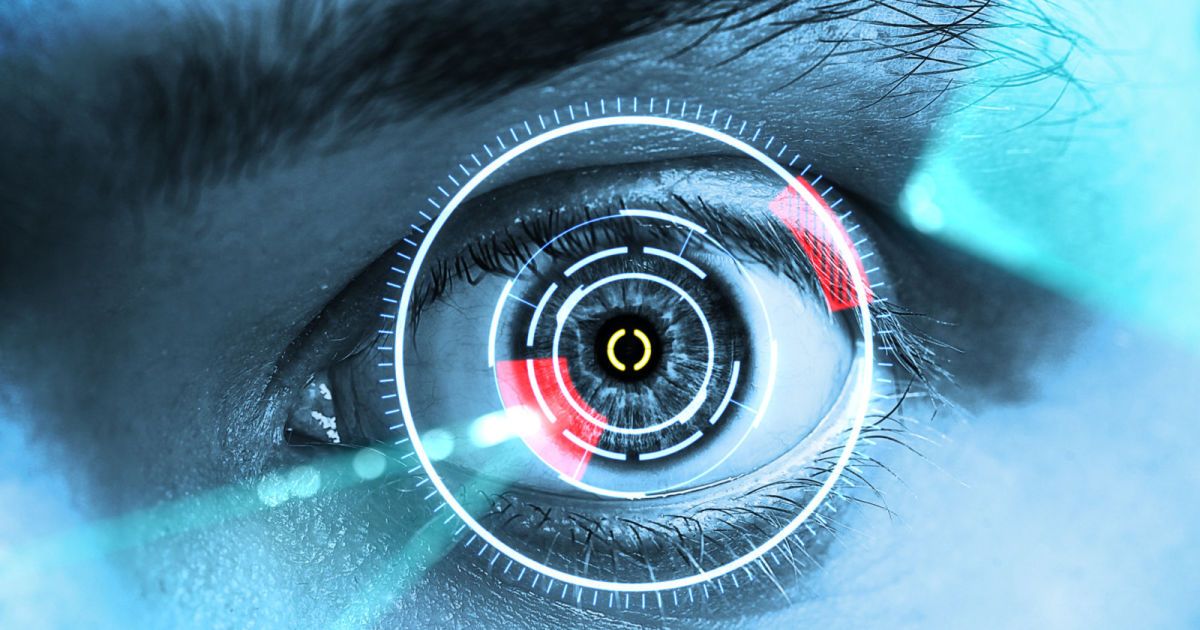Jun 7, 2018
The Trump Self-Defense Doctrine for the New Space Era
Posted by Klaus Baldauf in categories: security, space
A new space era is dawning and will be upon us by the early 2020s. In the face of emerging novel threats and vulnerabilities, whether the self-defense doctrine allows us to counter the threat before the attack occurs can make the difference between peace and war.
President Trump unveiled the America First National Space Strategy on March 23 covering both commercial and civil space, and national security space. This important document has drawn few comments, which are typified by the observation of Spacepolicyonline.com founder and editor Marcia Smith that “the Trump strategy contains little that is new.”
Indeed, most of the national security provisions, which are the focus of this article, are only different in rhetoric but not in substance from those of the Obama administration and it’s predecessors. However, that they are the same is fine because they are equally essential for the new space era.

















